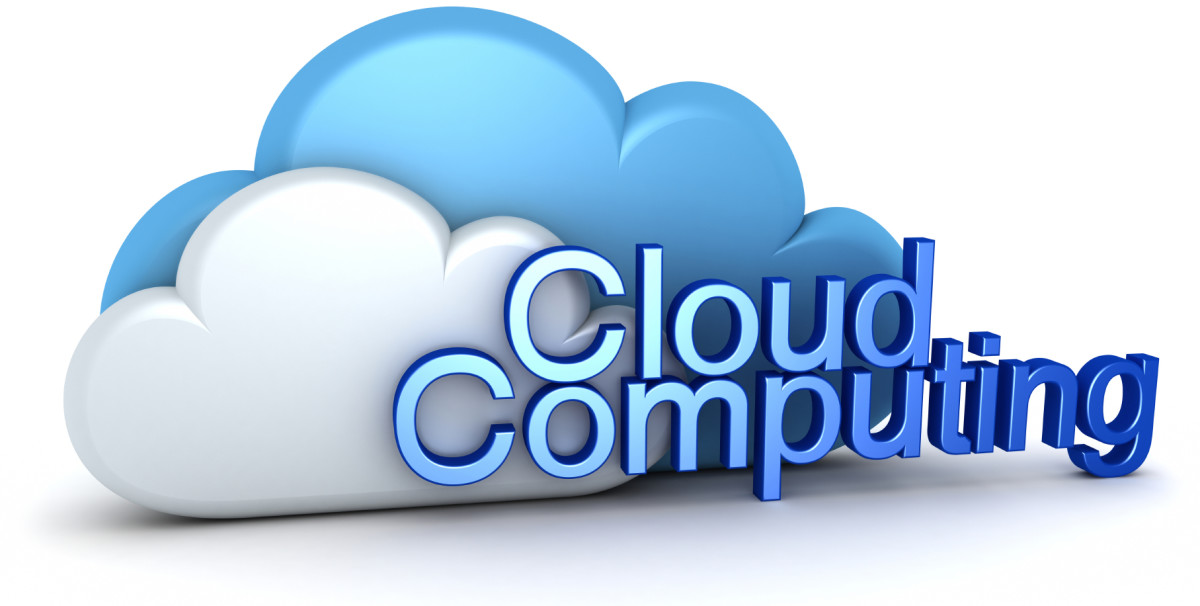- HubPages»
- Technology»
- Computers & Software»
- Computer How-Tos & Tutorials
Cloud Storage and Cloud Computing - What you Should Know

If you're a business owner or manager, chances are you've already heard a little bit about cloud storage and cloud computing. If you haven't already made the switch, then there's a good chance you're wondering whether it's the right move for you.
Let's take a look at some of the reasons cloud computing and online backup are causing such a stir, and the basics of how it works.
What's the Big Deal About Cloud Storage Anyway?
The first thing you need to know about cloud storage and cloud computing is why they're such big news for businesses of all sizes.
There are several reasons.
First, there's the prospect of limiting risk - something every business needs to do on a daily basis. Cloud computing and online backup or data storage helps to limit risk, simply because it takes your most valuable asset (data) out of harm's reach.
When you use cloud storage, your information exists in the virtual plane as well as the physical, so even if there's a burglary, fire or other unforeseen disaster at your place of business, all you need to do to regain all your valuable data is log in.
Staying Mobile
Then there's mobility. These days, companies routinely send employees around the company - and the world. That used to mean setting up costly VPN servers or intricate intranets, but thanks to cloud storage, it simply means giving employees a user name and password.
Carrying the Load
Finally, there's storage capacity. Files these days are a lot more graphic intensive than they used to be in the days of dot matrix printers and monochrome screens. That means that they take up a lot of space on your hardware, and that means spending more on storage devices.
When you use cloud computing, you can store all those big, bulky, graphics intensive files on the internet rather than your hard drives, and that means more space for day to day files, and less hardware investment. You also never have the headache of transferring files off one old computer onto a new machine or server.
There are plenty of other reasons why online backups and cloud computing make more sense in a modern world. It's safe and secure, it's convenient and easy to access for all your employees (even if your business spans the globe) and plenty of others. The bottom line, however, is that cloud storage saves your business time, money and hassles - and that's something every business could use!
So How Does the Cloud Work?
Cloud computing, or 'the cloud' as it's often called, is a simple notion that's perfect for the 21st century technology age.
Companies that offer online backup services have opted to sell space on their servers to clients around the world. They offer a variety of packages and plans, from free, basic plans to cloud computing plans suitable for multinational corporations.
When you sign up, you choose your plan, based on the level of security, amount of space and other requirements you have, and you're issued with a user name and password.
Whoever has the user name and password can log into your cloud storage area from anywhere in the world, and access your files. As long as you keep paying your membership fees (if you have a paid plan) you retain access to your online space. Think of it as a great big internet based filing cabinet, for which only you have the key.
Are There Any Drawbacks?
If you've researched the cloud at all, chances are you've seen the good and the bad, and it's true that it's not all sunshine and roses.
There have been a few cases where hackers may have breached some element of a service's security, but in general, the companies that offer cloud based services have much higher security on their servers than the average company can afford.
In most or all cases, it is in their fundamental business interests to commit to the best security systems and protocols available, without which they would quickly lose out to their competitors, and be out of business.
Therefore, in spite of the fact that yes, anything can happen and nothing is fool proof, your information is still probably safer on their servers than on your own. Do your research on any company before committing, of course.
Pricing
Most free packages are also very limited in terms of storage space, so for anything more than a very basic cloud storage deal, you'll have to pay a fee.
That fee, however, is still much less than you would pay to back everything up onto CDs or DVDs, and you might even find that your business insurance decreases when you start using the cloud (if you're insured for loss of data.)
The truth is, cloud computing isn't perfect - but it's one of the best (if not the best) backup options around. It's also getting better and more high tech all the time. So if you haven't made the switch yet, give it a try, and see what the cloud can do for you.








